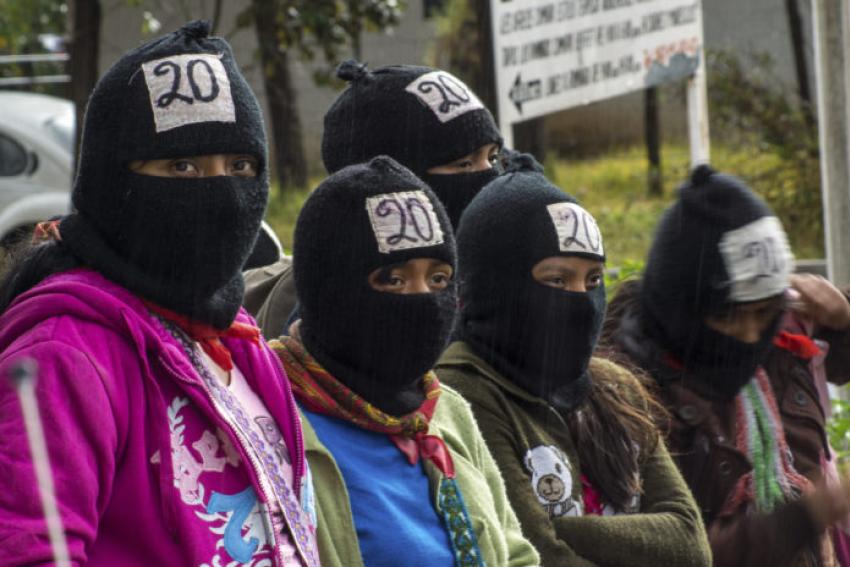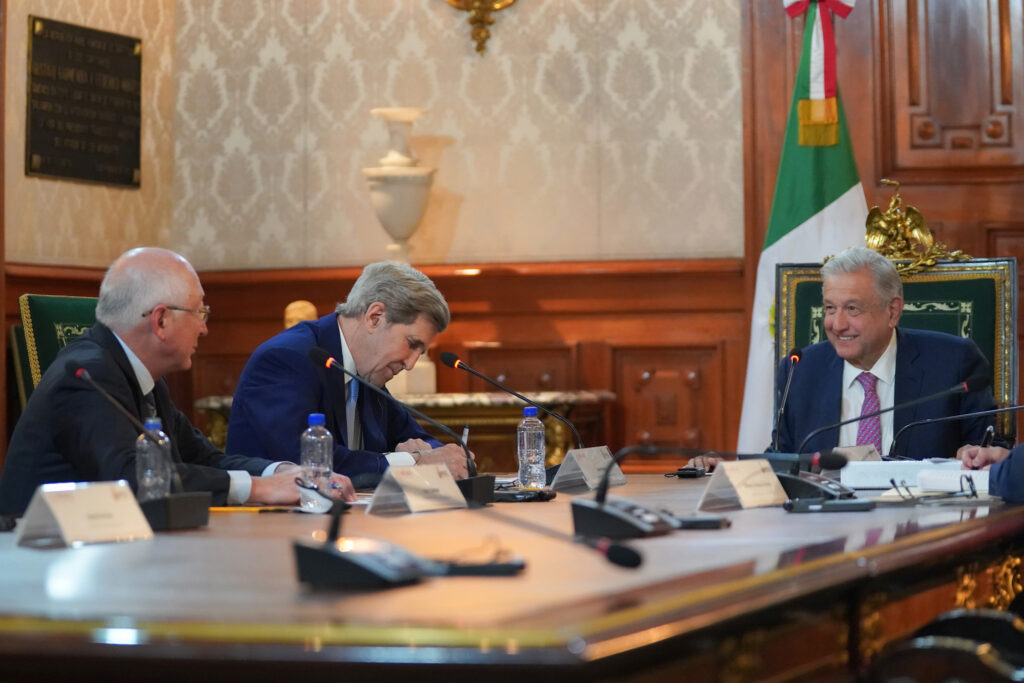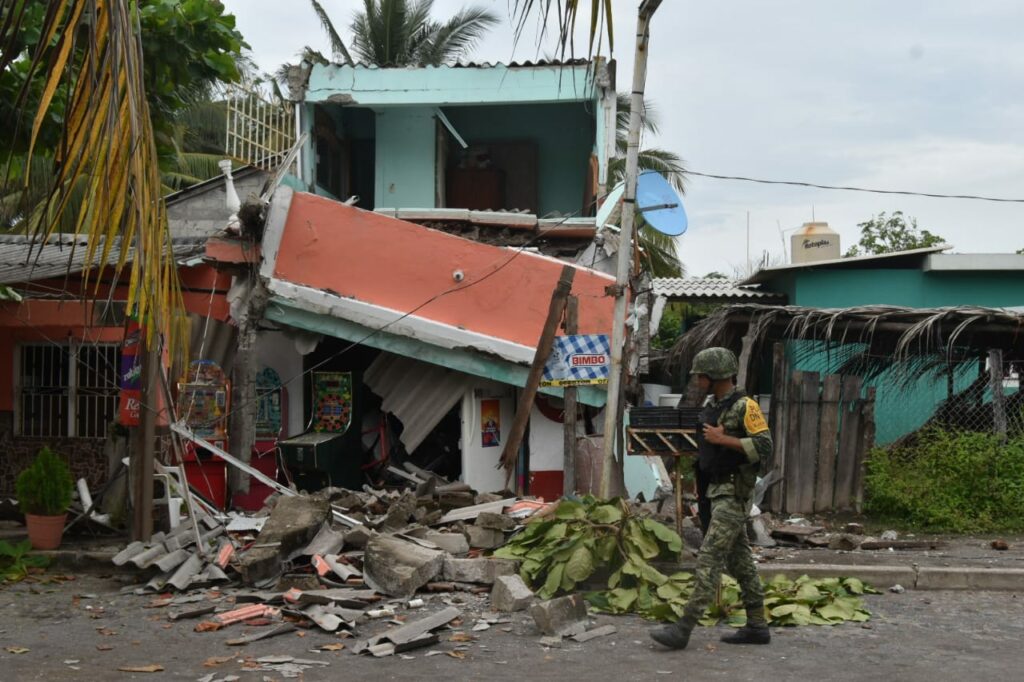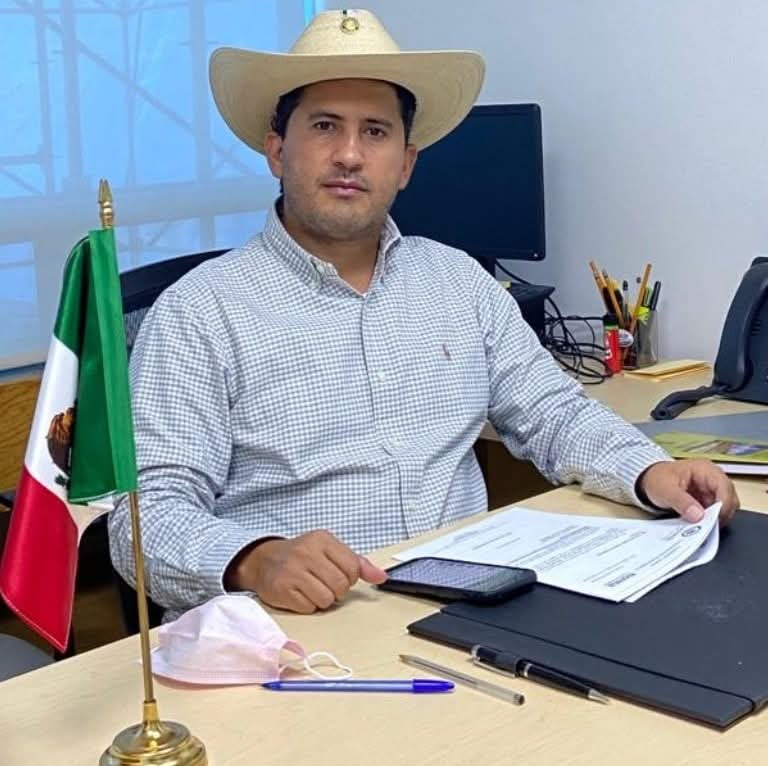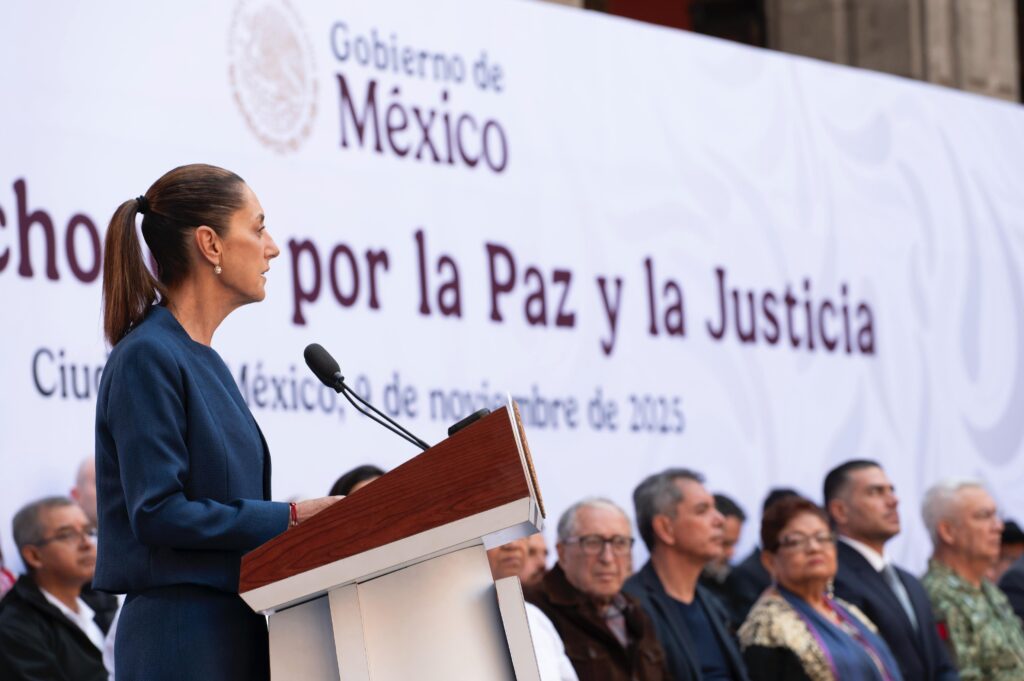Mexico City, Mexico — Local populations and human rights defenders are facing increased violence on Mexico’s southern border with Guatemala as the state of Chiapas reels from clashes between warring drug cartels and the Mexican military, according to a new report released by rights groups.
According to the report, “Siege to Daily Life, Terror for Territorial Control and Serious Human Rights Violations,” released last month by various NGOs including the National Network of Civil Human Rights Organizations (Red Nacional de Organismos Civiles de Derechos Humanos), civilians in Chiapas are experiencing forced disappearance, murder, sexual slavery and other crimes related to a territorial dispute between two of the country’s largest drug cartels which has also drawn the attention of Mexico’s military.
The narco clashes reportedly began around July 7, 2021, when Gilberto Rivera, the son of a powerful Sinaloa Cartel enforcer in Chiapas, was murdered by alleged members of the Jalisco New Generation Cartel (CJNG), a rival cartel and one of the most powerful in Mexico.
Read more: Who’s behind the rise in violence in Chiapas, Mexico?
Fighting for control of the state, which is an important transit point for trafficking drugs, weapons and humans into and out of Central America, has left the state resembling a war zone and has led to the forced internal displacement of at least 7,500 people between June 2021 and November 2023 according to the report.
A war zone in southern Mexico
According to the report, warring factions are using explosives, heavy weaponry and even drones, to gain control of the region. Drones are reportedly used for both surveilling populations as well as for offensive strikes.
Organizations such as the Fray Bartolome de las Casas Human Rights Center (Frayba) have documented the nature of the current wave of violence; constant attacks with high caliber weapons of exclusive use of the army, threats of massacre, burning of houses or constant rumors of attack are characteristic of the violence of organized crime.
In addition to the civilian population, the report states that human rights leaders from the region are also being silenced.
“Human rights defenders are also directly monitored, harassed, and threatened to prevent them from continuing their work. The exemplary punishment of people who raise their voices against the current conditions of violence is another form of terror to control the population,” read the report.
Official figures reveal a rise in disappearances from December 2018 to September 2023. In Chiapas, the National Registry of Disappeared and Missing Persons has registered 812 missing and unaccounted-for persons. In contrast there were only 38 disappearances in 2017.
Community leaders, activists, and land rights defenders have been particularly targeted according to the report, suggesting that these disappearances are meant to “silence the voices of communitarian organization.”
Women, too, are facing rising levels of violence and forced prostitution. According to the report, local as well as migrant women are kidnapped and held for the sexual service of the “armies” of organized crime, with “no possibility of refusal.”
In an effort to establish order, both Mexico and Guatemala have deployed military troops on their shared border.
Read more: Guatemala and Mexico’s military operation against organized crime on shared border
Militarization in the region
Mexico has set up 71 military camps in Chiapas, which reportedly house 1,504 Navy seamen, 3,466 National Guard troops, and 3,536 Army soldiers, including an Army barracks in the municipality of Chicomuselo, which is the Army’s largest in the state.
The report accuses Mexico’s military of incompetence and even working in tandom with drug cartels.
“The Army and National Guard are present, but they don’t act and have ties to organized crime. They have tried things before but it is never carried out – they become blind, deaf and dumb,” read a testimony from the report.
The report claimed that the increased militarization in the region is directly linked to human rights violations, the creation of paramilitary groups, and the accelerated deterioration of public security. Moreover, organized crime interacts with government officials, forming criminal structures that aggravate the state of violence for territorial control.
“Such is the degree of insertion in government structures that in some municipalities, it has been reported that the entire city council is part of criminal structures and that they are at their service,” read the report.


